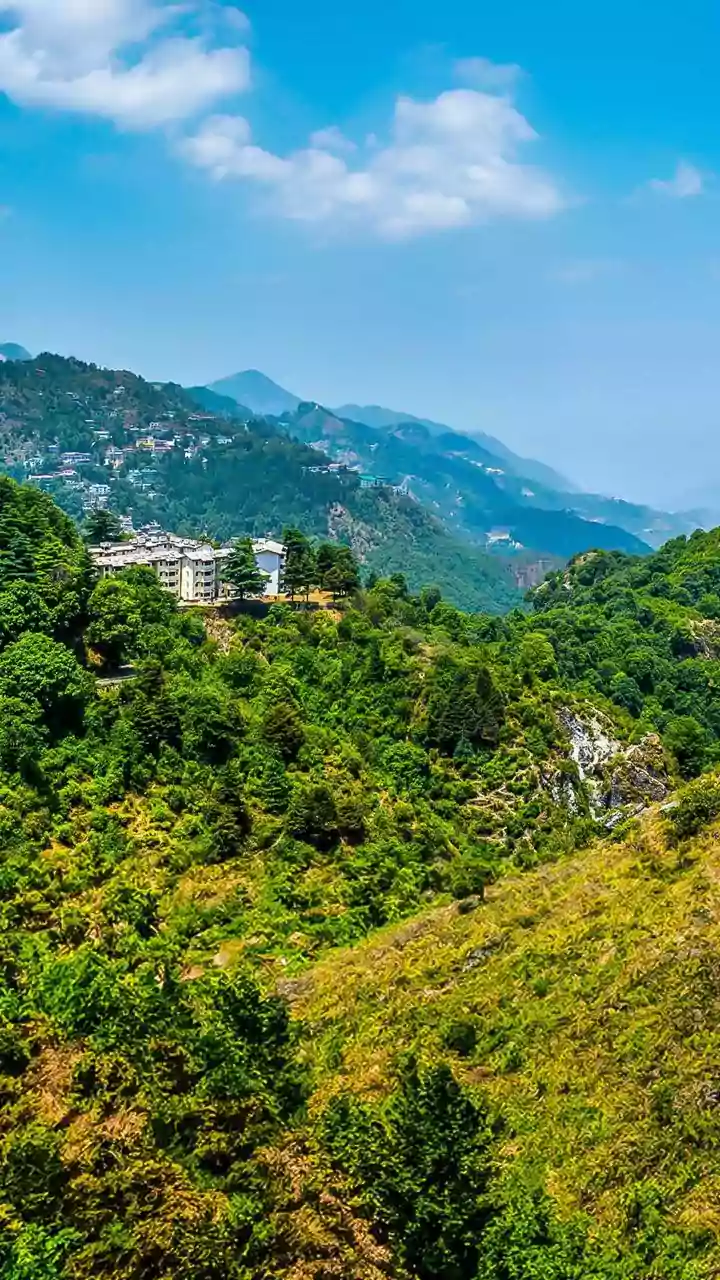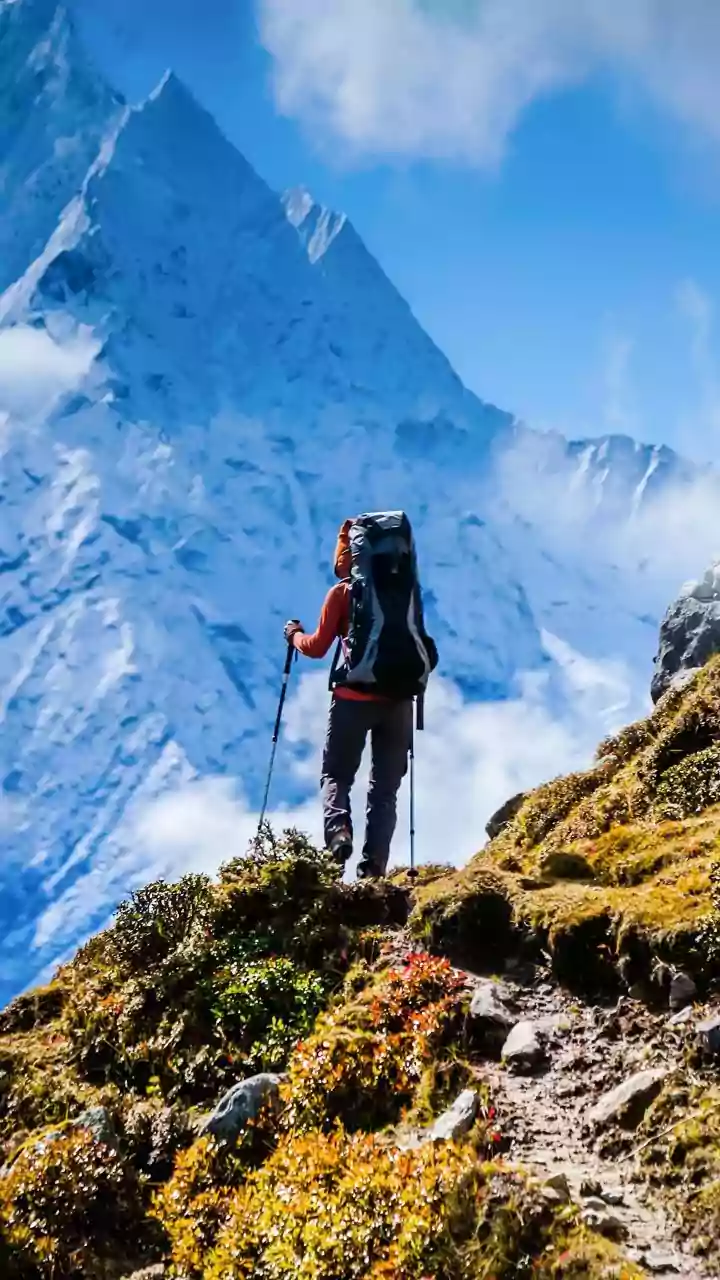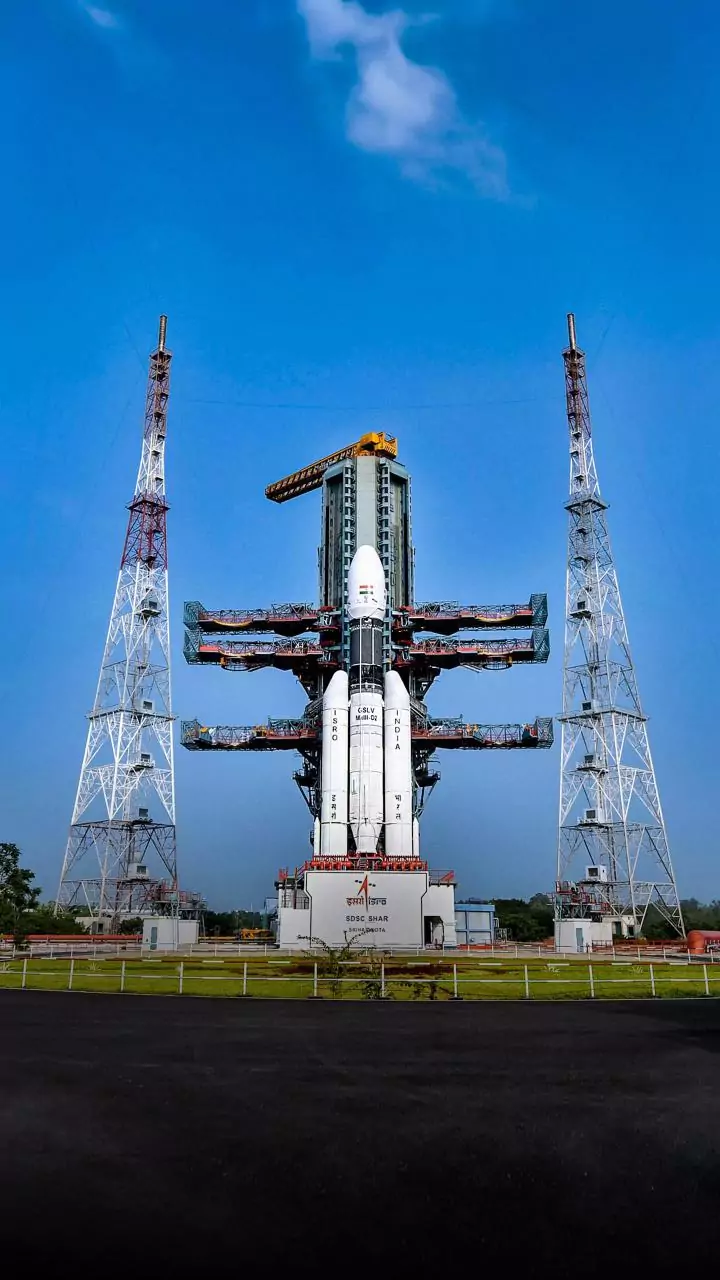Crafting Your Itinerary
Planning the perfect trip is essential to make sure the trip is unforgettable, right? This includes researching different travel options and destinations,
considering things like your budget, the time of year, and what kind of experience you're looking for. Begin by setting a budget. Determine how much you can reasonably spend on flights, accommodations, food, and activities. Use travel websites and apps to compare prices and find deals. After that, it's time to decide where to go and for how long. Research different locations and consider factors such as climate, safety, and points of interest. When choosing your destinations, match them up with the amount of time you have. Once you've selected your destinations, you can then build your itinerary. Break your trip into days, specifying the activities you want to do and the transportation you will use. Don't overload your itinerary; ensure you allow flexibility for spontaneous discoveries or relaxation time.
Exploring Global Destinations
The planet is rich with diverse and stunning destinations. From the bustling streets of Tokyo, to the tranquil beaches of the Maldives, each location presents its own distinct charm. Cities like Paris offer iconic landmarks like the Eiffel Tower, while cities like Rome offer historic sites like the Colosseum. For a more immersive cultural experience, consider visiting places where you can experience vibrant local cultures, such as the markets and cuisine of Marrakech or the festivals of Kyoto. Moreover, remember to research and plan your itinerary according to your interests. If you love nature, consider the Galapagos Islands or the Swiss Alps. If you are all about history, consider places like Egypt. Choose your destination wisely!
Embracing Local Culture
Immersing yourself in the local culture is an enriching part of travel, enabling you to understand and enjoy each destination. Begin by learning a few basic phrases in the local language; this demonstrates respect and opens doors for connection. Before you go, research local customs, etiquette, and traditions to avoid unintentionally causing offense. When exploring a new area, spend time in local markets, where you can sample food and meet people. Furthermore, if you're planning to engage in activities like festivals or religious ceremonies, be sure to show respect for local customs and traditions. For example, in some cultures, covering your shoulders or head may be required when entering religious sites. Remember, respecting and engaging with local culture is the key to a more meaningful and authentic travel experience.
Travel Safety First
Safety should be the top concern when you are travelling. Do some research to understand any potential health and safety concerns related to your destination, such as disease outbreaks or safety issues. Before the trip, make copies of essential documents, including your passport, visa, and travel insurance information. Keep a copy with you separately from the originals, and consider storing a digital copy in a secure online location. When you are in the area, pay attention to your surroundings and avoid walking alone in unfamiliar areas at night. Also, ensure that you are aware of emergency contact numbers. Get the local police, ambulance, and your country's embassy's or consulate's contact information.
Packing and Logistics
Effective packing can make your trip smoother. Make a list of essential items, like clothing, toiletries, and medications. Ensure you pack clothing suitable for the climate and any planned activities. To save space and reduce the chance of wrinkles, roll your clothing instead of folding it. Also, pack a universal adapter. This will let you charge electronic devices. Before leaving, notify your bank and mobile provider about your travel plans. This prevents your credit cards from being blocked and ensures that you can use your mobile services abroad. Arrange for your accommodations and transportation in advance, particularly if you are going during peak season. When you arrive, confirm all booked arrangements, so you can deal with any issues early on.
Food and Drink
Trying local cuisine is a critical part of travelling. It helps you understand and enjoy the local culture. Before you decide on a restaurant, research the local specialties and dishes. Venture into local eateries for a more authentic experience. Try food from street vendors, especially in areas with food-safety standards. Keep an eye out for food-related allergies. Always tell the servers and restaurants about your food allergies. Drink bottled or purified water to avoid stomach issues. Be cautious about drinking tap water in areas where it is not safe. Make an effort to enjoy and sample new foods and drinks, but eat safely and remain informed of local food safety practices. It can greatly increase your enjoyment of your travels.




















